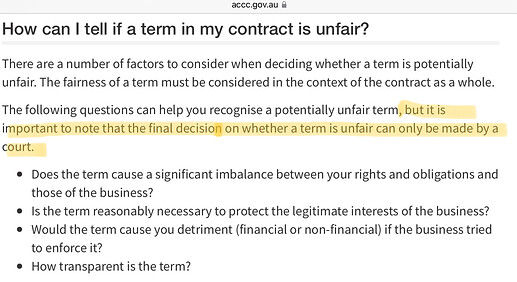Following an article in News.Com about an Insurance Claim that was refused and is now before the Courts I think Policy Holders need to check with their Insurer to be sure they have coverage.
Insurance issues coming from Home Businesses or Hobbies
Background and Edited News Item;
Thousands of ‘side hustlers’ may unknowingly be holding worthless Home and Contents Insurance. When Justin Uebergang and Verity Metcalfe’s rural home burnt down due to an electrical fault in 2021, they applied for a payout from their Insurer to rebuild and replace their lost possessions. Their claim was rejected because they had not disclosed a business they ran on the property and that business was a Farm Gate Stall at the end of their driveway selling free-range eggs using an Honesty Box. The Law firm involved in taking up their claim has stated that no part of the business activity caused or contributed to the loss that they ultimately suffered and claimed for under the Insurance Policy. Public reaction suggests that most people would not know/suspect that undertaking a business activity at their property is relevant when applying for Insurance Cover – especially if they aren’t using the insured house to conduct that business - and it also seems that most people who have registered an ABN at their home address would not know that disclosure of any business activity at their property when applying for Insurance Cover could affect their Insurance Coverage.
What kind of Work affects Home Insurance Coverage
The law does not seem to affect those working from home for an employer but people who run a side business from home and have an Australian Business Number registered with their home address might be affected. Home businesses, or ‘side hustles’, are increasing as people attempt to earn more money to outpace inflation. Australian Bureau of Statistics data suggest that nearly 48 per cent of Australians either have or are planning to have/start a side hustle. Businesses can include using any part of their property for Pilates/Yoga teaching and PT training (and possibly extends to selling Fruit, Honey, Sewing, Home Laundry Business, Seamstressing, Photography, Car Repairs, Car Restoration and so on ).
An Example - Looking at my Insurance PDS– it says the Policy does not provide cover ;
While your property or any part of the insured site is being used for any business, trade, profession, occupation, or commercial purposes e.g use as a farm, guest house, display home, club house, boarding house or commune, unless we agree otherwise ( other than use as a Home Office for Tutoring, or for ad hoc baby sitting)
We have many people in my suburb in Brisbane such as Plumbers, Electricians, Radio/TV Techs, Carpenters, Cabinet Makers, Home handymen, Seamstresses, Dog Washers, House Cleaners, Cake Makers, Mechanics, Agistment Services, Saddlers, etc - and I would think that they may not be covered under the above description in the PDS. I am also involved with Car Clubs which have Members doing Mechanical Work, importing and selling Car Parts, Restoration work etc who also may not be covered.
